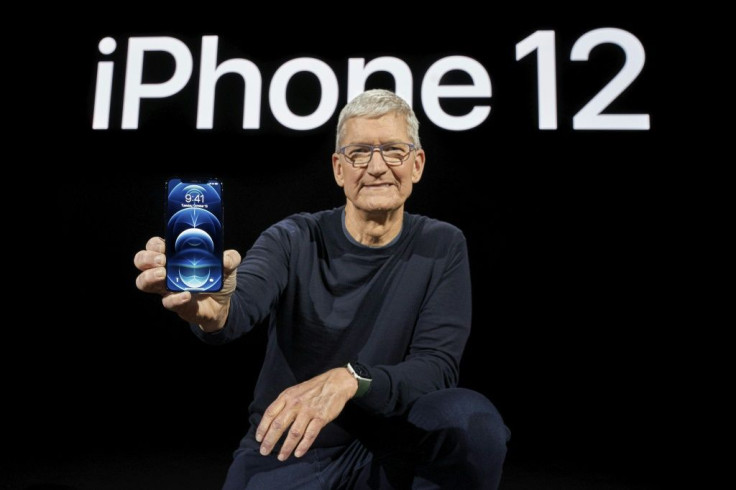A New Potential Danger from your iPhone?

If you’re used to keeping your phone in a shirt pocket, bra, or any other chest mount, it might be time to reconsider. The iPhone 12 introduced a new quality of life feature-- MagSafe-- that may have an impact on some pacemakers and other medical devices.
While the name was originally used for a type of laptop power connector, the new version is a bit different. The new iPhones include magnets for quickly attaching and aligning accessories such as cases, wallets, and wireless chargers.
A shock to the heart
There is renewed concern for cell phones disabling cardiac pacemakers and defibrillators also known as CIEDs (cardiovascular implantable electronic devices). Pacemakers provide a small electrical charge if the heart slows down too much, and defibrillators give an electrical shock if the heart stops beating. These devices are known to save lives, young and old. When cell phones first became popular there were concerns that they could interfere with the ability of these devices to perform correctly.
The original cell phone safety research was done in the 1990s, but cell phones have changed considerably since then. Even later research done in 2019, which tested an iPhone 6 and found that it did not affect the CIEDs when placed directly over the devices, doesn’t reflect the full set of wireless features added to newer phones.
Concerned doctors wrote a letter to the editor of Heart Rhythm. They suggest that the iPhone 12 series’ MagSafe can impair the functioning of CIEDs. The iPhone 12 has an array of magnets that are twice as powerful as magnets in previous iPhones. The researchers placed the iPhone 12 over an implanted defibrillator causing the defibrillator to pause and remain paused until the iPhone was removed. This happened many times when the iPhone 12 was tested. This raises concerns that lifesaving shocks will not be delivered when needed if the iPhone 12 is too close to the CIED.
Apple does acknowledge that the iPhone 12 contains more magnets than previous models but suggests that there is no greater risk of interference to medical devices.
Although old concerns about cell phones proved to be unfounded, these physical changes to the iPhone 12 call that into question. Now that the iPhone 12 series has hit the market with double the magnetic power, additional research may be needed to reassess the risks for even newer devices.
Other concerns
While not all phone concerns (like 5G conspiracy theories ) are valid, there can be some risks associated with phone use.
Research has shown some mental health effects. Frequent phone use encourages “delay discounting,” a heightened desire for fast or instant gratification. Checking your social media too often or in the wrong mindset can also lead to worsening anxiety and depression.
Physically, too, there can be risks. One study last year showed that cell phone radiation could have an impact on male fertility. Improper and excessive use can also lead to head and neck injuries.
The silver linings
Like most tools, phones come with both good and bad. There are dangers, to be sure, but there are also benefits. Phone makers have been integrating health features for years now, with wellness becoming an increasingly large target for manufacturers.
Both iPhone and Android users will find a variety of features built into their phones as part of Health on iOS, Google Fit on Android, and Samsung Health on Galaxy phones. We won’t go into too many details here-- check out this article for more information-- but rest assured your phone is already home to more health functions than you probably realize.
Then, of course, “there’s an app for that.” Specialized apps can be found for a wide variety of medical purposes, from managing mental health to combating eating disorders, detecting strokes, and much more. Contact tracing apps are even playing a role in fighting the Covid-19 pandemic.
The take home
Your phone can be a powerful tool for your health, but it’s packed full of systems and technologies you might not even be aware of. Currently, MagSafe isn't believed to pose any risk to people without a pacemaker or defibrillator. If you use any sort of medical equipment, though, you may want to consult your doctor to make sure there aren't potential interference risks from MagSafe and other wireless features or devices you own.
Sean Marsala is a health writer based in Philadelphia, Pa. Passionate about technology, he can usually be found reading, browsing the internet and exploring virtual worlds.
Yvonne Stolworthy MSN, RN graduated from nursing school in 1984 and has spent many years in critical care and as an educator in a variety of settings, including clinical trials.
Published by Medicaldaily.com



























